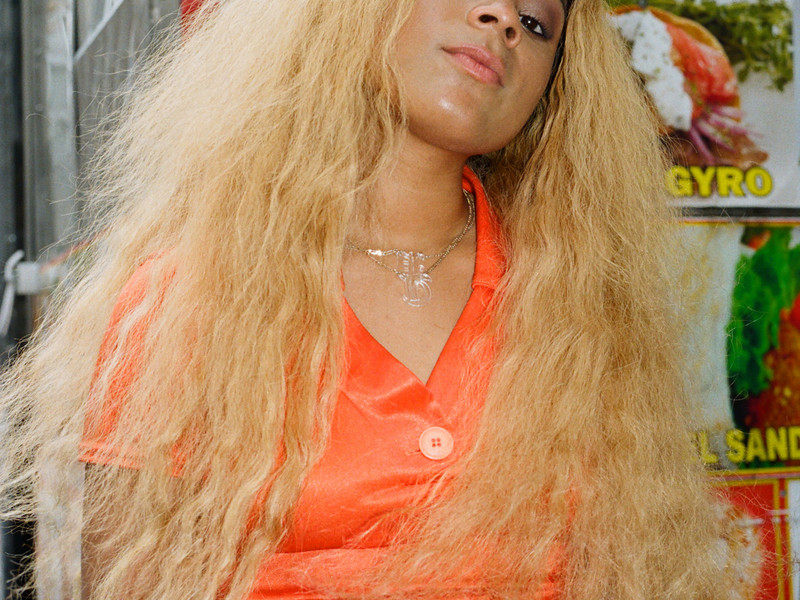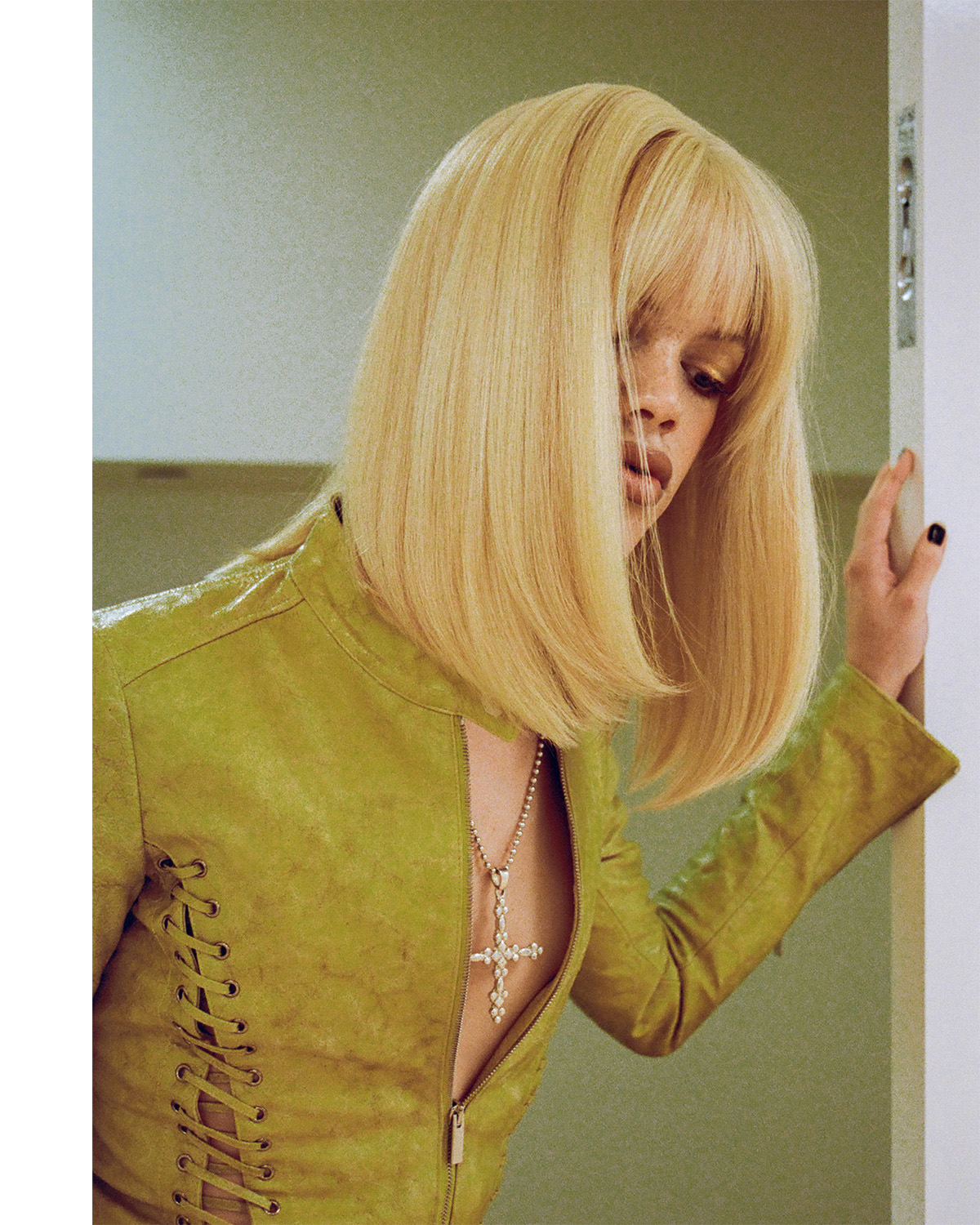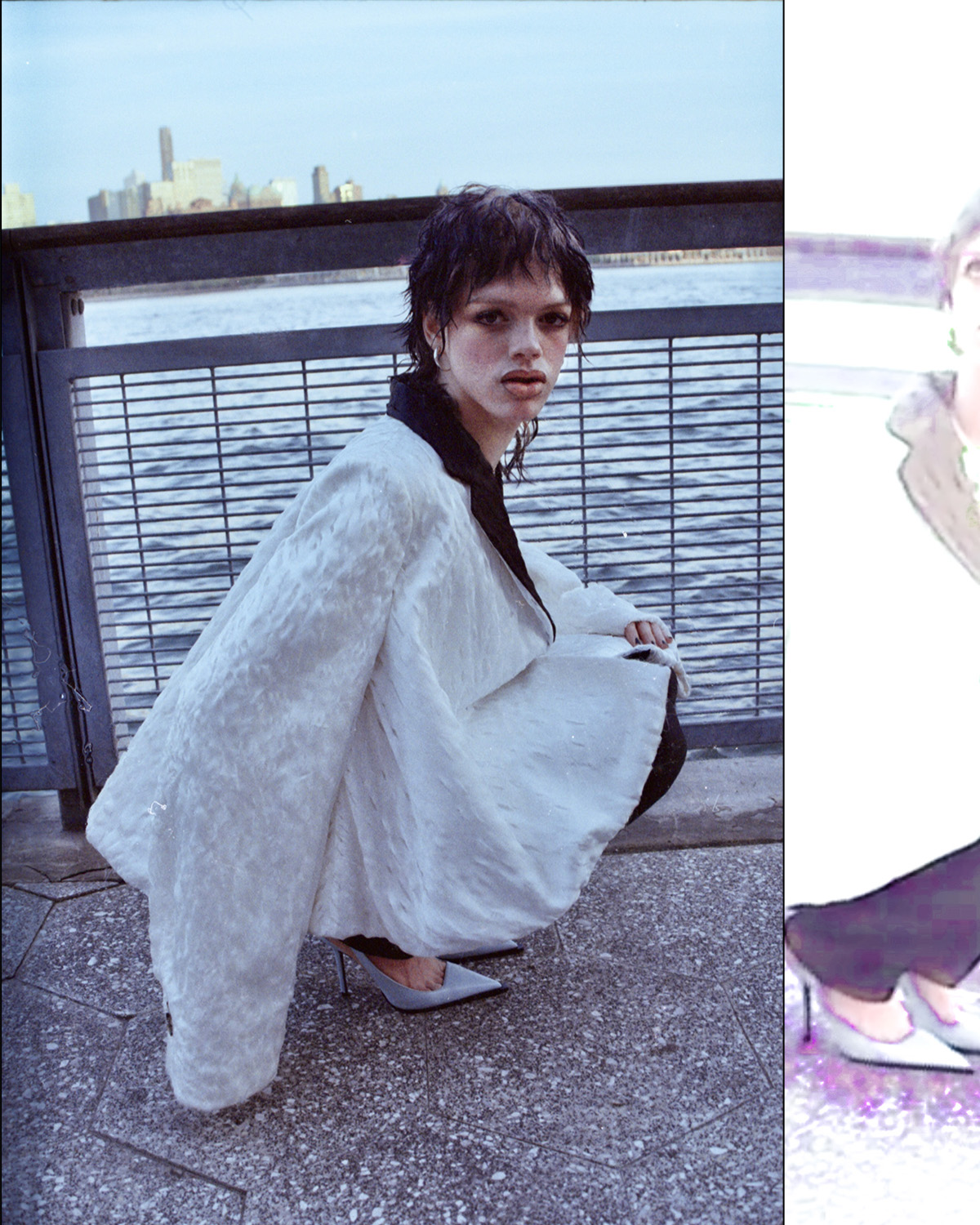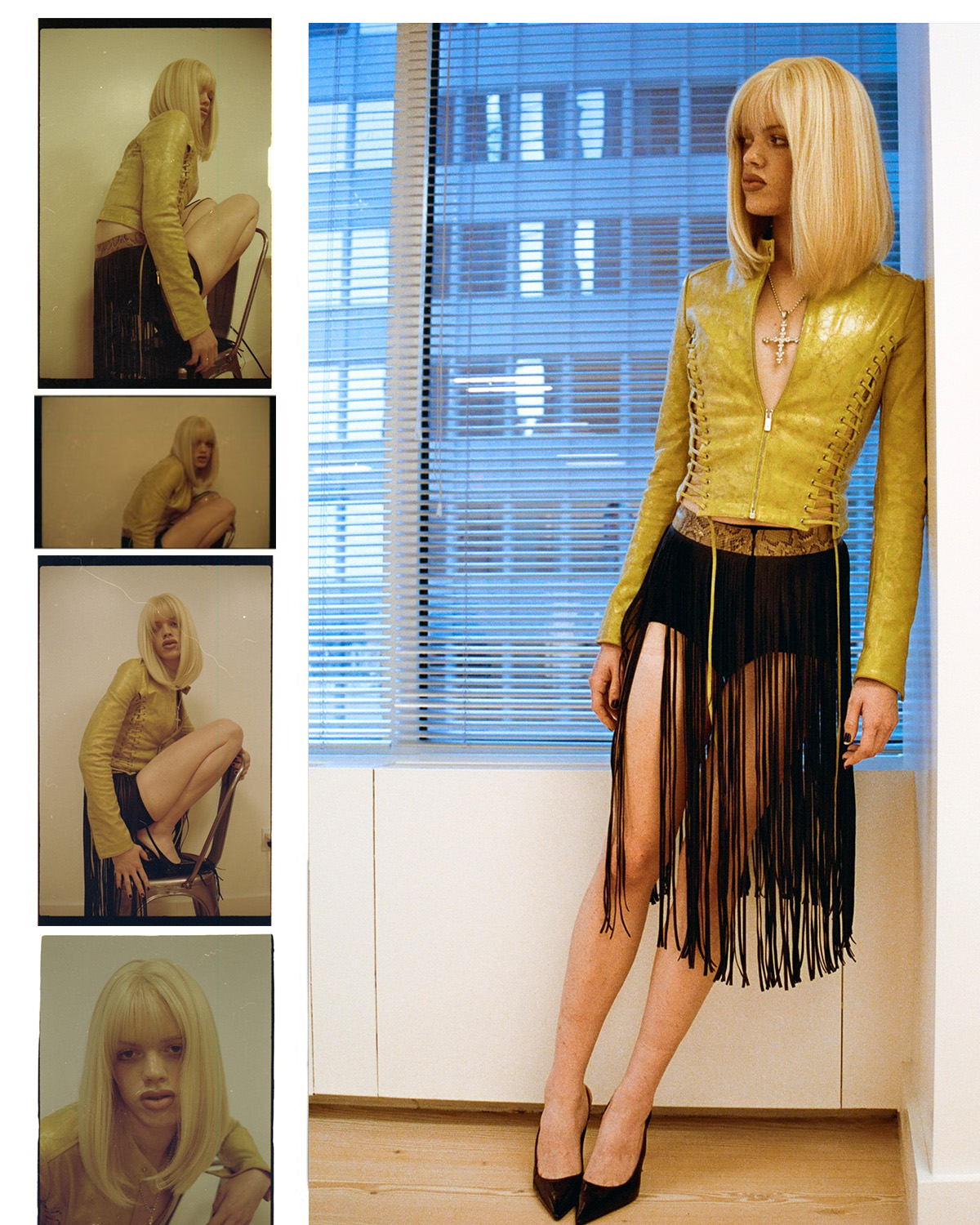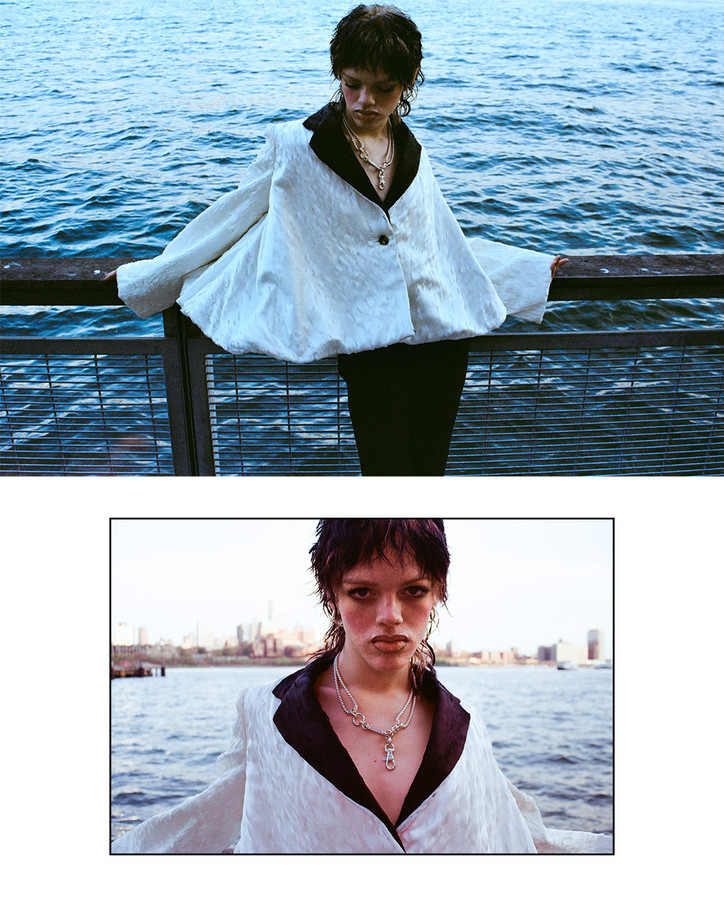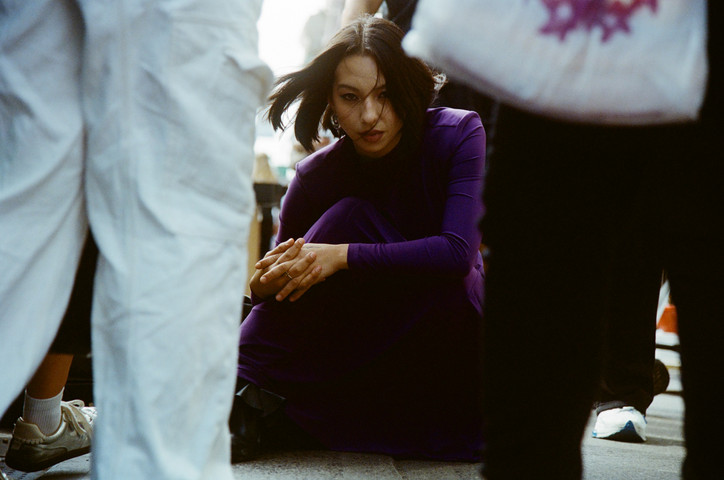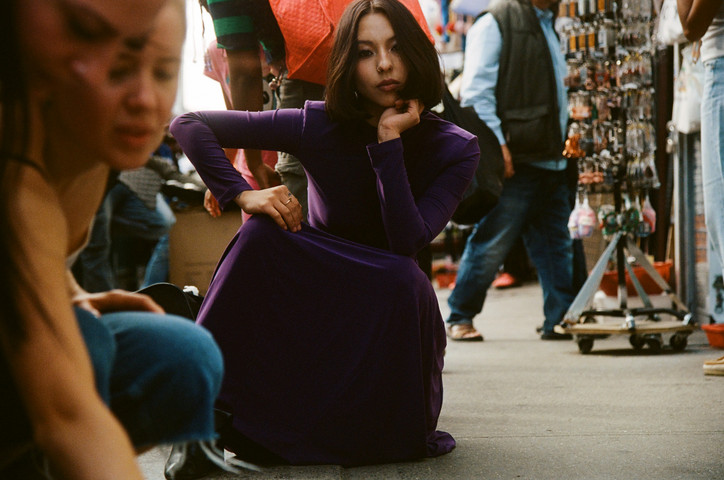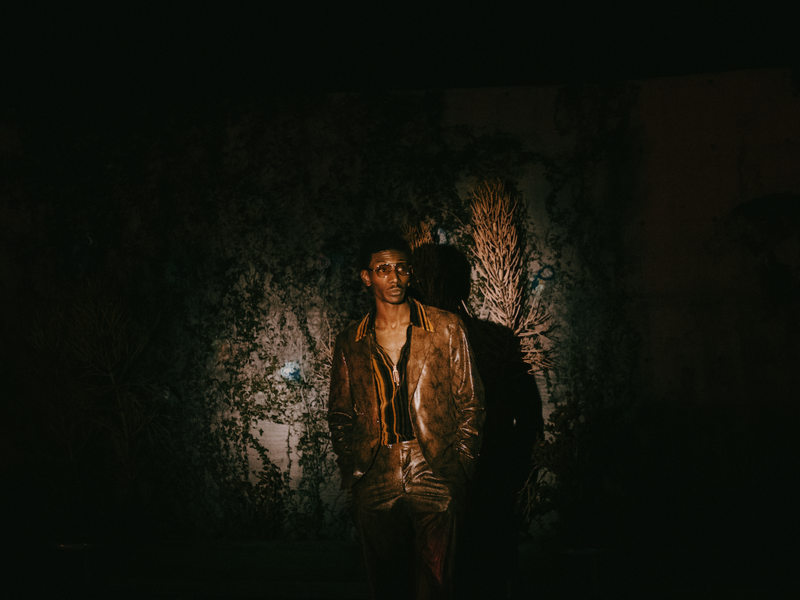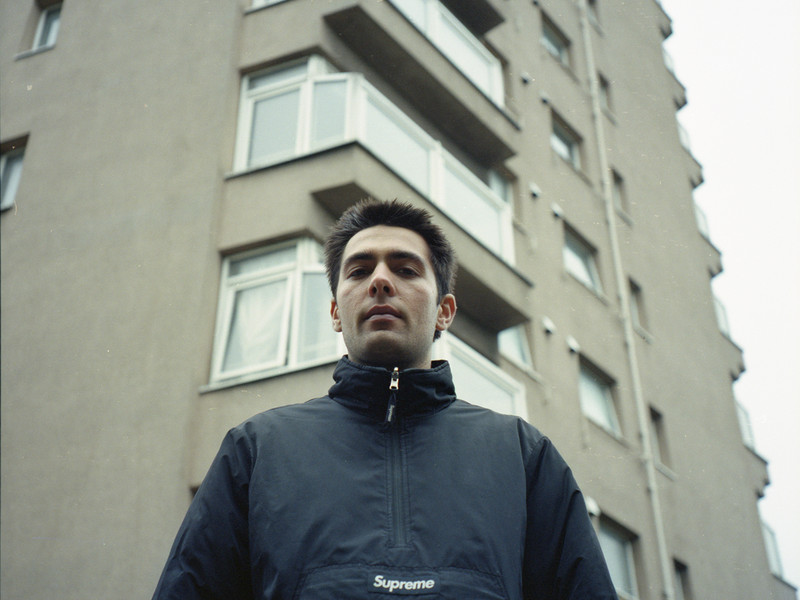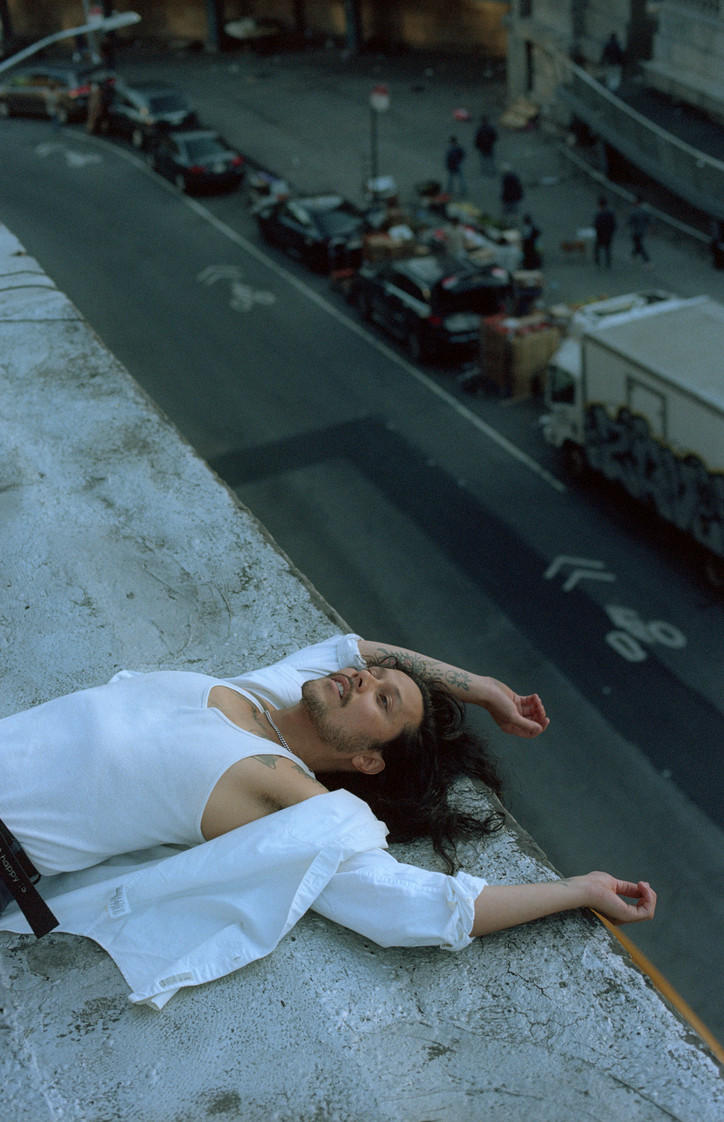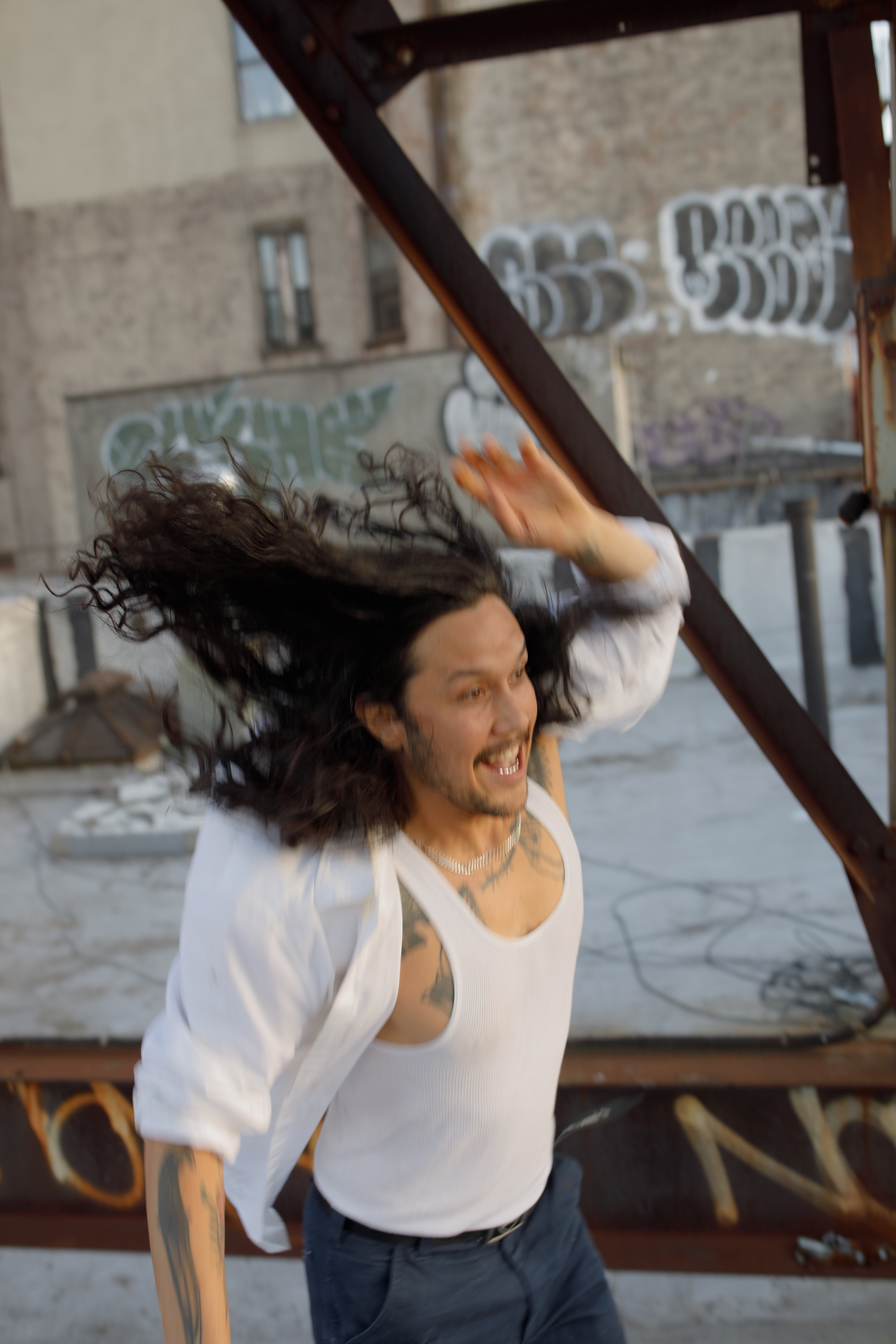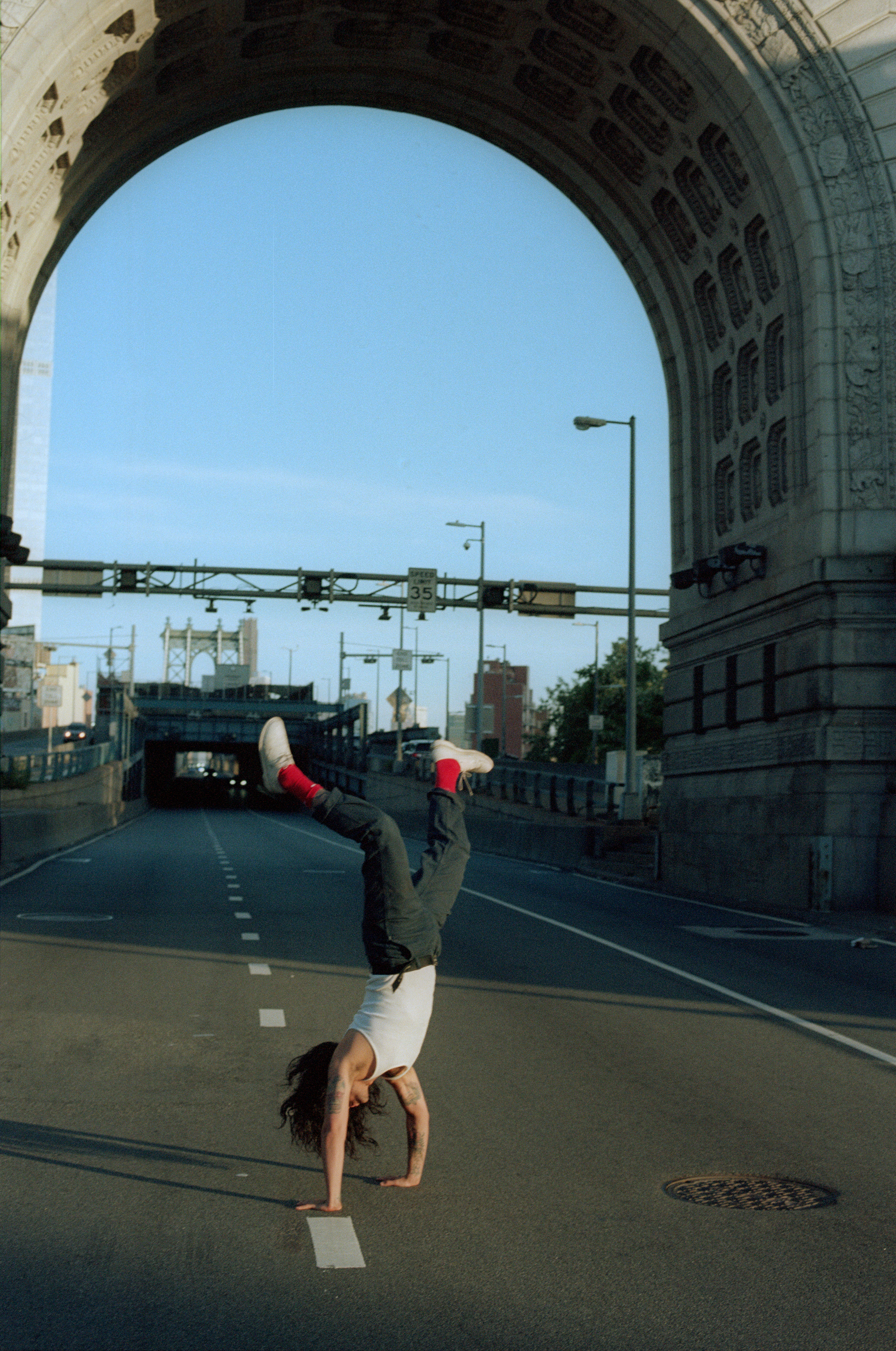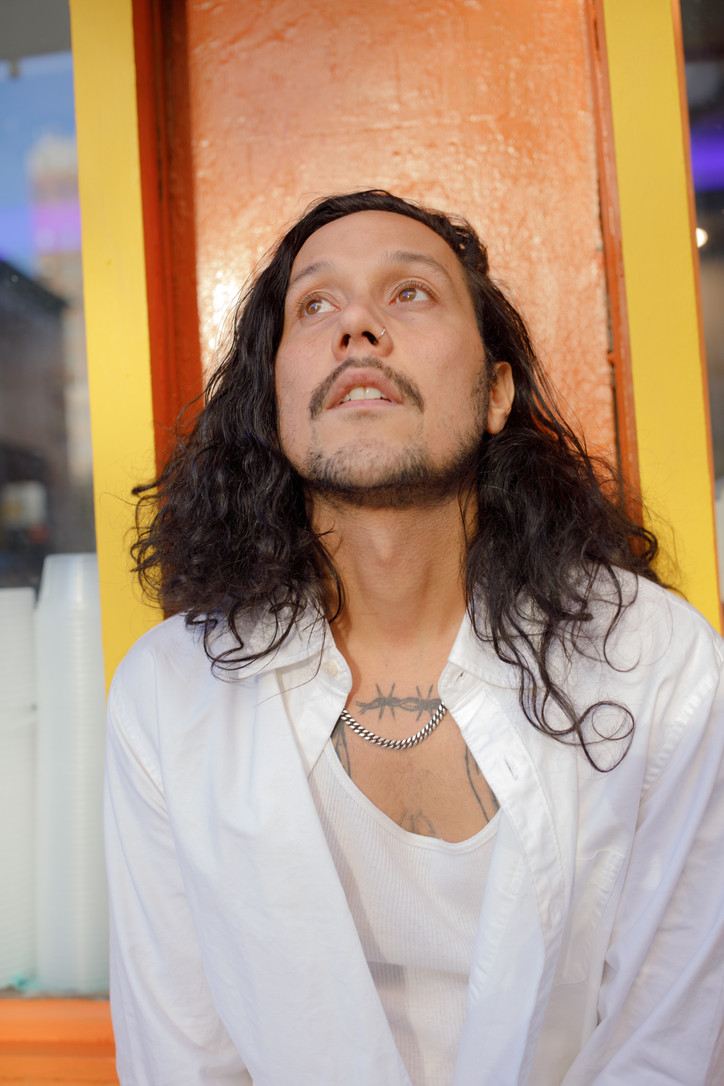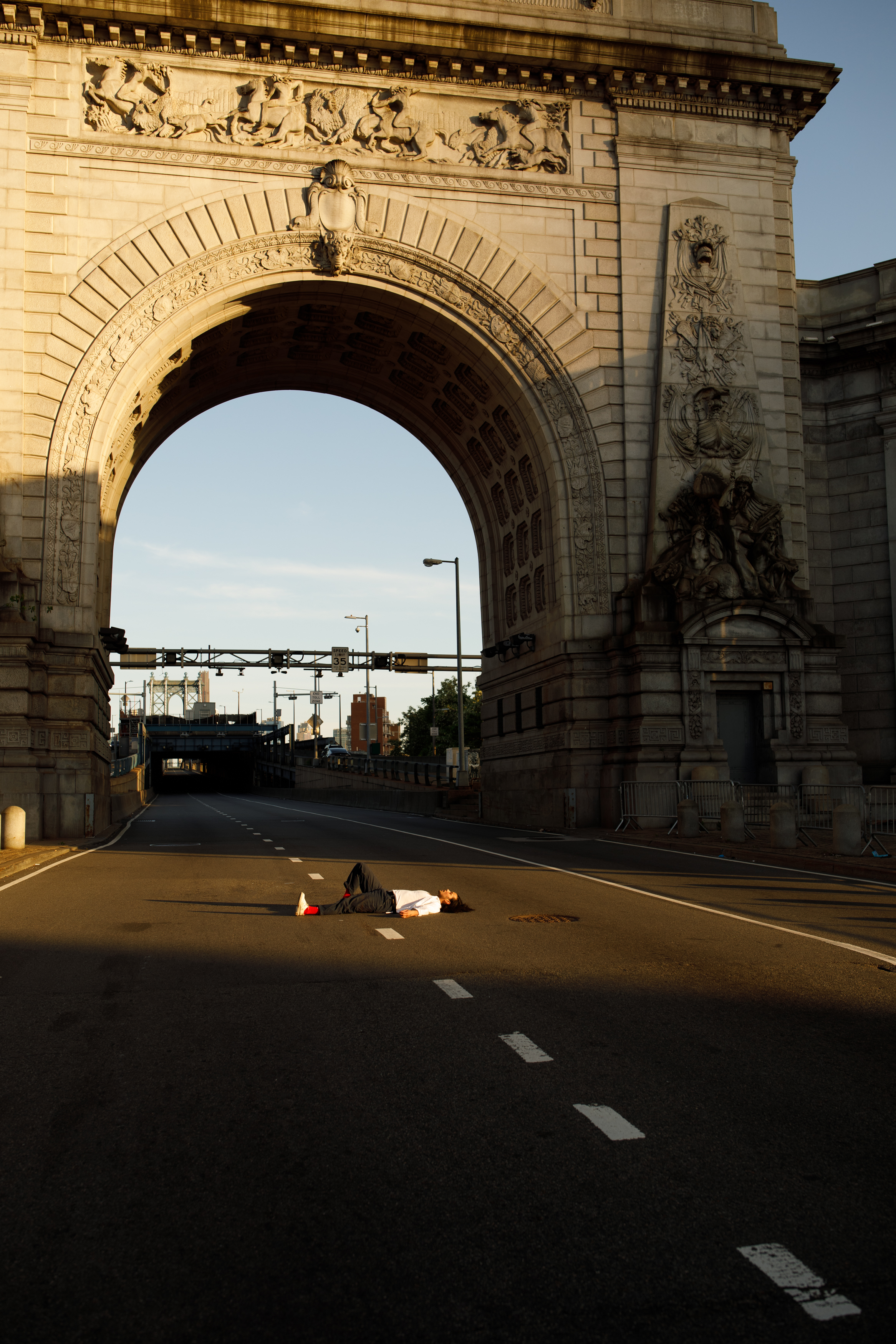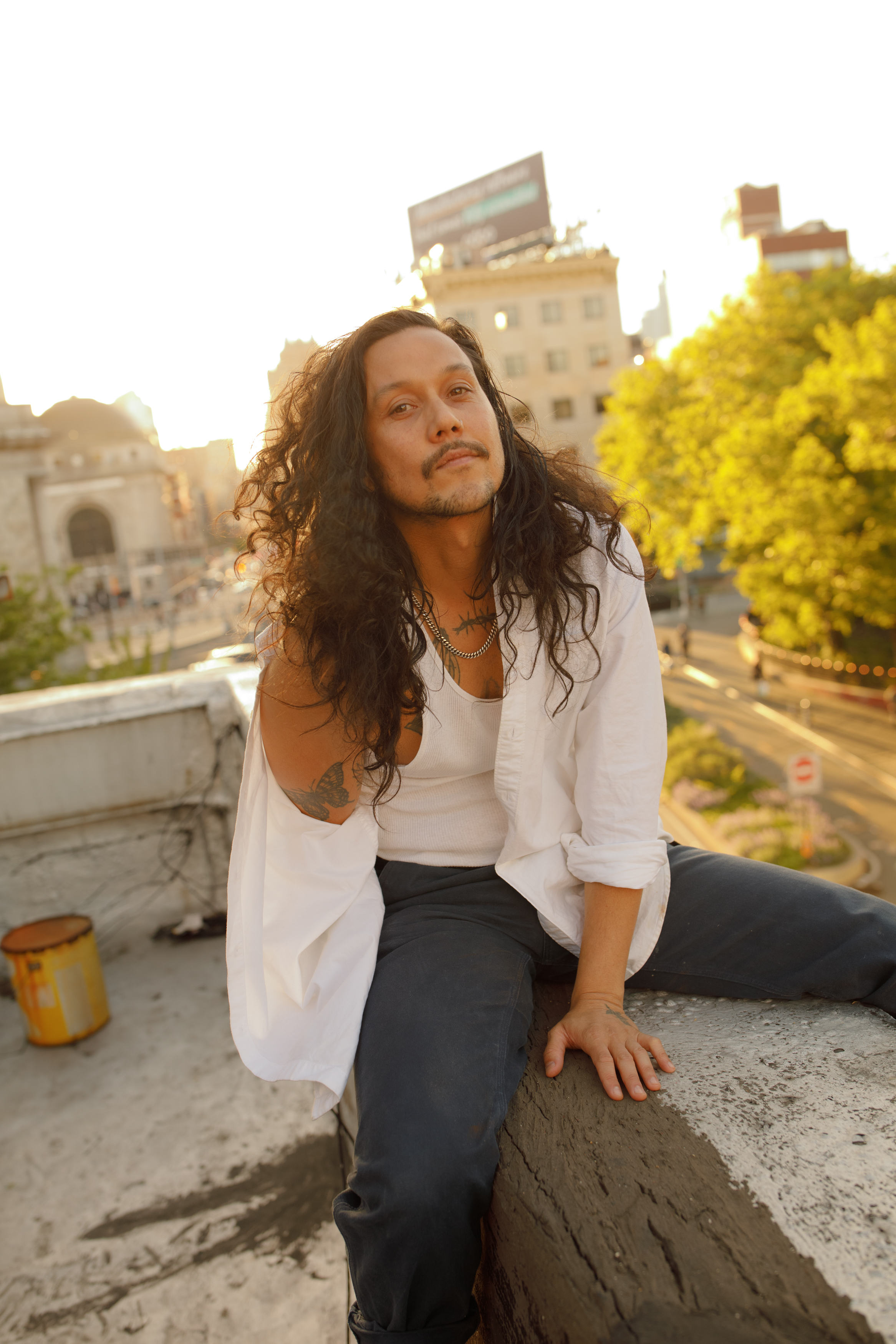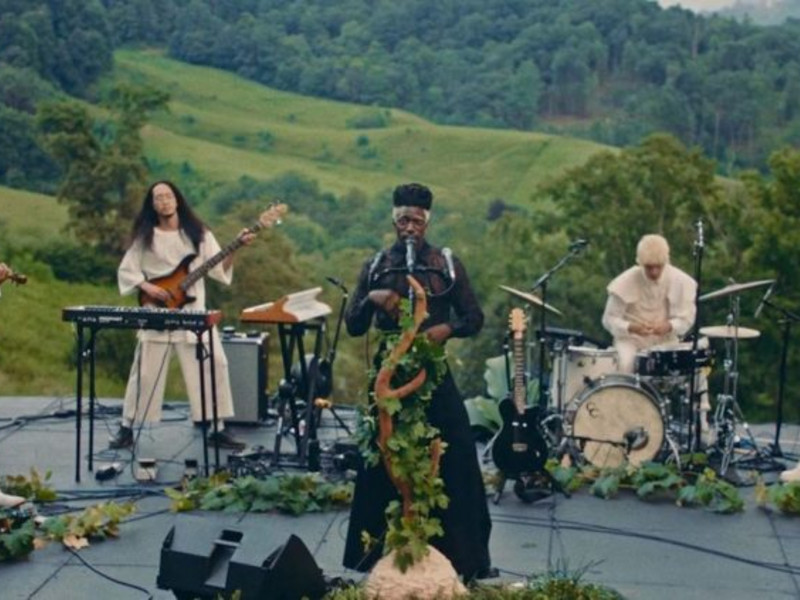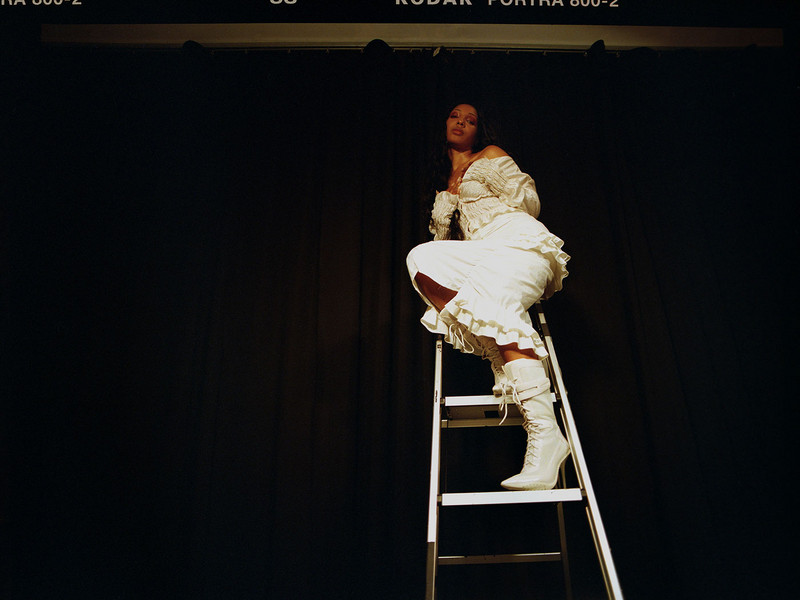Making Music About Climate Change

In anticipation of the album's release, the artist is premiering his track, 'Formation', exclusively on office. Of the track, Bjørke told me, "I wanted to create a very slow progression as this piece is interpreting the actual formation of our planet, which lasted around 10-20 million years... 'Formation' is one of the longest pieces of music I have ever produced, around 21 minutes, but given the subject matter, I think it makes a lot of sense to keep it this long. Its ́a journey that should make you feel like this is the beginning of everything, really."
For an artist to be tapping into a subject that is such a shared reality, so sensitive and upsetting, I had little to ask of Bjørke, and rather let the artist touch on the topic of his latest release himself.
What is the background for the new Kasper Bjørke Quartet album Mother?
As in any artform, I find that the most poignant music carries a meaningful message... With the Quartet project I try to encapsulate big subjects we as humans face in life, through instrumental compositions within the neoclassical / ambient realm – both to spread awareness around the message of the music and maybe even provide some sort of personal release or revelation for the listener. On the new album, Mother, I set out to explore what the evolution of our planet sounds like.
Sort of a testament to earth. From its formation 4.5 billion years ago up to humankind’s current destruction of our only home and also suggesting that Mother’s resilience will create a new beginning.... I wanted to create a circular listening experience from a calm beginning with a dramatic almost unbearable crescendo towards the peaceful end... Our planets history and the climate crisis felt like a suitable subject matter for the second Quartet album, after The Fifty Eleven Project, which besides the main theme of my personal history, actually contained a second layer, hinting that the human race is the cancer on earth. It is very important for me to point out that I could not have succeeded in creating Mother without all the extremely talented musicians who are part of the album.
In total we are ten performers on this album - and the recordings have taken place over a period of almost two years in different locations, from small studios to the Royal Opera House in Copenhagen. I started to be very concerned about climate change around eight years ago. But despite doing what we can as a family (we haven’t gotten on an airplane for five years to go on holiday, we mainly live as vegetarians by now, we recycle everything, don’t own a car, wear mostly vintage clothes, try to consume less, etc...), I still feel a strong sense of guilt towards nature, animals and the planet on behalf of our entire species. I have tried to learn more by reading books and articles about new technology and sustainable energy sources, I follow the work of environmental organizations, trying to find some hope... but let ́s be honest, overall things are going in the wrong direction.
However, recently I have found some sort of reconciliation in the theory that at this point we are too late to stop global warming and the climate tipping points that comes with it. But also that earth will survive this manmade crisis — and at least a fraction of humanity will also survive and hopefully learn from the mistakes that we have made these past hundred or so years. At least, this theory somehow feels more hopeful to me than being stressed that we may or may not turn this around. The climate scientist James Lovelock, who recently passed, has some interesting points on this theory in his books.


